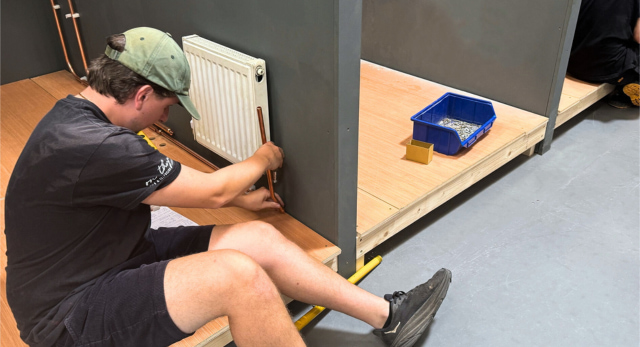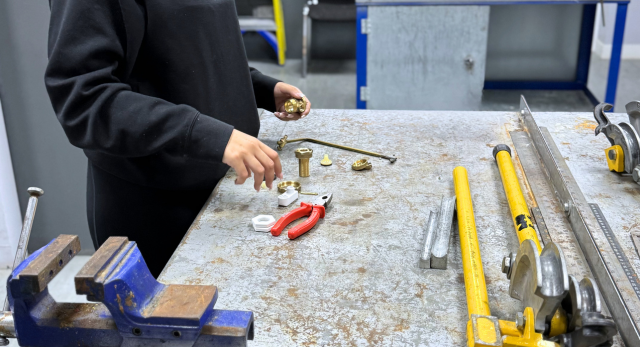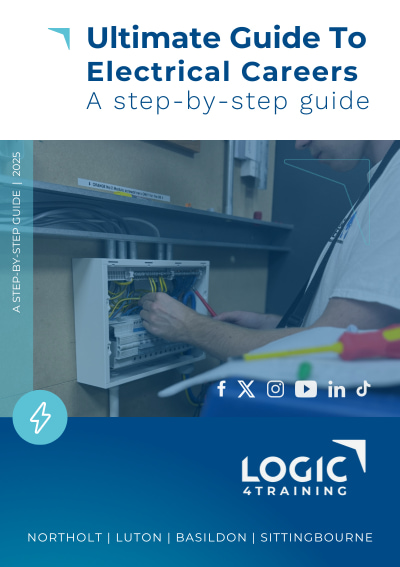Artificial Intelligence (AI) is not just transforming jobs, it’s also changing how we think about higher education. For decades, going to university has been seen as the golden ticket to career success but AI is putting many traditional graduate roles at risk of automation while boosting demand for skilled trades and technical expertise. University degrees aren’t always the safest route. Training for a trade or vocational skill could offer you greater job security, lower debt, and better long-term prospects in the age of AI. Consider all your options before deciding your future path.
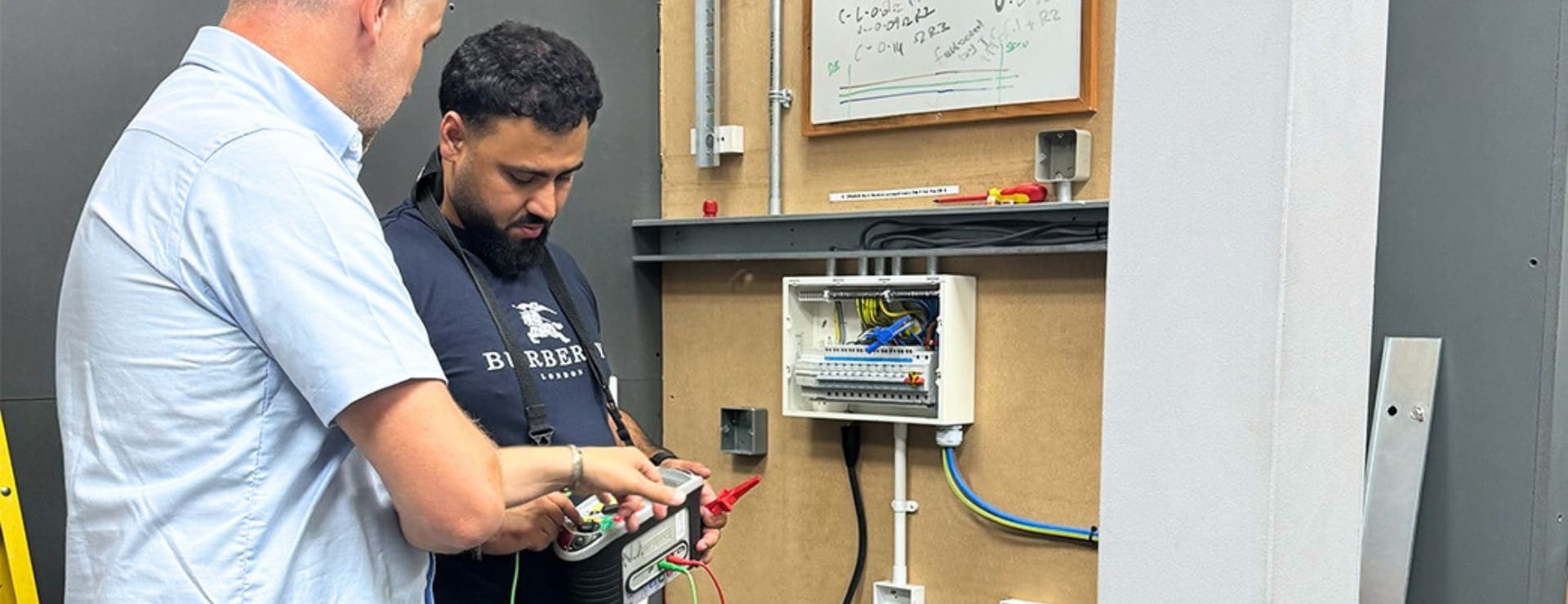
Understanding the Modern Value of a University Degree
University has traditionally been the main route for academic learning, personal growth, and securing a professional job. Yet, with the emergence of AI and automation, some roles once reserved for graduates now require different skills, oftenly in the form of practical, digital, or technical ones. Employers today increasingly seek candidates who can demonstrate hands-on experience, adaptability, and industry-ready skills, sometimes more than academic credentials.
Key Points to Consider
- Rising Tuition, Uncertain Payoff: University fees have soared, leaving many with significant debt and no guarantee of a high-paying job.
- Changing Job Market: Roles in IT, healthcare, engineering, and especially the trades (plumbing, heating, electrical work) are in high demand, while some graduate positions are declining or being automated.
- Employers Value Skills: Skills-based hiring is on the rise. Some employers are dropping degree requirements in favour of experience, technical know-how, or apprenticeships.
How AI Is Redefining Career Pathways
AI’s rapid integration into businesses is fundamentally changing not just how we work, but also which skills matter most to employers. While it is true that technology can unlock new opportunities, it is also redefining the value of traditional university degrees and so, forcing young people and career changers alike to consider their options more carefully than ever.
Are University Degrees at Higher Risk?
In the past, a university degree offered a sense of security and a clear route into well-regarded professions. Today, however, the ground is shifting beneath many graduate careers, particularly in fields where tasks are predictable and data-driven:
- Vulnerability to Automation: Entry-level roles in finance (such as junior analysts), paralegal positions, and some aspects of accountancy or HR are increasingly handled by AI programmes. These systems can rapidly analyse reports, process legal documentation, and run compliance checks, all of which were tasks that once provided accessible starting points for many graduates. As a result, the number of entry opportunities is contracting, competition intensifies, and the path from university into stable employment becomes less certain.
- The Decline of Routine Work: As AI streamlines basic operational tasks, businesses no longer need to maintain large teams of employees to keep up with paperwork or data entry. This impacts degree holders whose first jobs often relied on these repetitive functions as a way to gain experience.
- Skill Mismatch: Employers are shifting their focus toward skills that AI is unlikely to replicate in the near future, such as problem-solving, empathy, adaptability, and creative thinking. Simply graduating with a generic degree is no longer enough, unless it is supplemented by experiences and skills that set applicants apart.
- Degree Inflation: As more people attain degrees, their stand-alone value decreases unless coupled with something distinctive—like vocational training, hands-on placements, digital expertise, or a proven ability to navigate workplace technology.
Why Are the Trades and Practical Skills More Secure?
While traditional graduate pathways are becoming riskier, practical and vocational careers, such as the plumbing, gas and electrical trades, are enjoying a resurgence, and not just as “back-up plans” for those who don’t attend university.
- Jobs That Can’t Be Automated: Skilled trades, such as plumbing, electrical work, heating engineering, and renewable energy installation, require practical expertise, on-the-spot problem-solving, and direct interaction with clients. These are skills that even the most advanced algorithms struggle to reproduce, making automation highly unlikely.
- Technology as a Catalyst, Not a Replacement: Far from being threatened by AI, technical trades are being transformed and enhanced by technology. Take, for example, heating engineers using smart diagnostics or electricians integrating AI-powered home automation. Those who combine traditional skills with up-to-date tech knowledge stand out and can command premium rates.
- Economic Resilience and Community Demand: Unlike many office-based jobs that can be outsourced overseas or handled remotely by machines, trades and technical professions are deeply rooted in local communities. Emergencies happen, installations must meet onsite conditions, and customers value trusted professionals who can deliver solutions face-to-face.
- Clearer and Quicker Routes to Opportunity: Vocational training and apprenticeships often take less time—and money—than a full university degree. Earning while learning, graduates of these programmes are frequently in high demand, able to progress quickly to management or even start their own businesses.
- Job Satisfaction and Societal Value: The tangible results of a tradesperson’s work, the ability to solve real-life problems, and the chance to build long-lasting client relationships can offer job satisfaction that is elusive in many digital or office-based careers.
Challenging the Old Narratives
It is worth asking: Is the “safe” graduate path really so secure anymore? Or are we witnessing a turning point where learning a trade or practical skill offers greater protection against economic shocks and AI-driven redundancies?
Young people, parents, and career changers should challenge the one-size-fits-all story about university. Instead, they can build future-proof careers by choosing options that value adaptability, human intelligence, and irreplaceable practical expertise. All of which are proving resistant to automation.
By understanding these trends, you can make better-informed decisions about your route to professional success and avoid the pitfalls of outdated advice, as well as embrace the skills that are genuinely protected against the rise of AI.
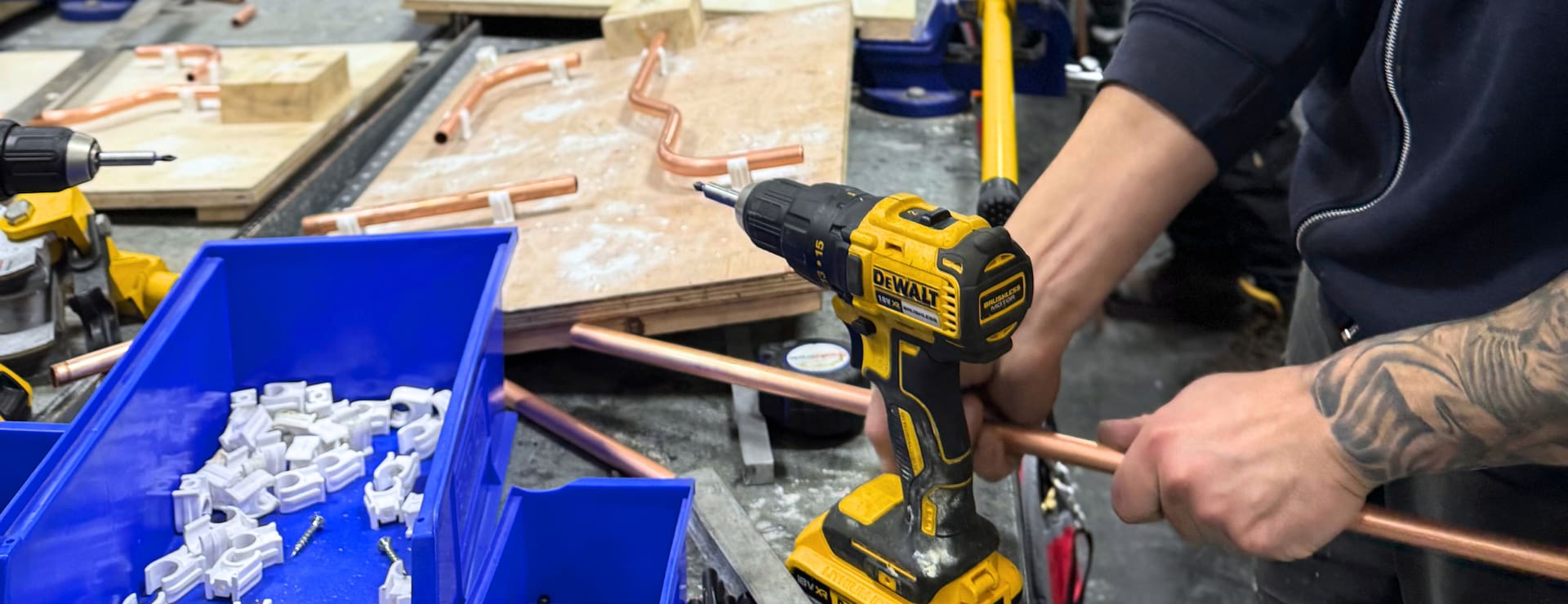
The Rise of Trades and Practical Skills as Secure Pathways
Learning a trade or undertaking vocational training is increasingly seen as an equal, sometimes superior, option to university. Here’s why:
- Hands-on Work Isn’t Easily Automated: Roles like gas engineers, electricians, heating installers, and plumbers require manual skill, real-world diagnosis, and customer service. These are all areas where AI cannot compete.
- Interpersonal Skills: It’s in the name. Inter”personal”. People tend to trust, show empathy and relate to others mood more than they trust AI or machines.
- Growing Demand: The UK faces a significant shortage of qualified tradespeople, with opportunities to progress to supervision, management, or even running your own business.
- Earning While Learning: Apprenticeships allow you to earn an income while developing industry-recognised skills, without incurring university debt.
This is just a few reasons as to why tradespeople are safe from AI, but you can dig deeper into the topic by reading our article on it.
Comparing Your Options: University vs. Trades
As Artificial Intelligence radically reshapes the working world, deciding between university and a vocational pathway has never been more important. It’s no longer a simple choice between academic prestige and hands-on skills. Instead, the question comes down to which route genuinely offers greater career resilience, job satisfaction, earning potential, and protection against automation. In today’s climate, weighing up the benefits and drawbacks of university education versus training for a trade is essential if you want long-term security and personal fulfilment. Let’s break down how these paths really stack up in the age of AI and what they can mean for your future.
| Aspect | University | Vocational/Trade Training |
|---|---|---|
| Cost | High tuition fees, potential debt | Typically lower, many earn while learning |
| Duration | 3+ years | 6 months to 2 years for many programmes |
| Job Prospects | Varied; saturation in some sectors | High for qualified tradespeople |
| Automation Risk | Medium-high for some office-based roles | Low—work is practical and person-focused |
| Earning Potential | Starts lower, can rise with experience | Often competitive or better, with rapid growth |
Is University Still Worth It?
University can absolutely be the right choice for some, especially if you’re passionate about a subject that needs a degree (e.g. medicine, engineering, teaching). But if your main goal is job security, low debt, and the chance to develop a valued skill in the age of AI, reconsidering university in favour of a trade or vocational pathway makes a lot of sense.
When University Makes Sense
- Required for regulated professions (doctors, vets, teachers).
- If you want a career in academic research or a specific field only accessible via degree.
When Trades May Be Better
- If you want to start earning straight away.
- Prefer hands-on, real-world work over office-based roles.
- Value job security and flexibility.
- Interested in blending practical skills with new technology (e.g. smart home installation, renewable energy).
Ultimately, whether university is still “worth it” depends on your aspirations, preferred learning style, and career goals in this new era of work. For certain regulated professions, a degree remains essential. However, with automation changing the employment landscape, practical skills and vocational training now offer equally rewarding and resilient pathways.
It’s vital to look past outdated assumptions and honestly weigh the value, costs, and security each route provides. By focusing on routes where human expertise, adaptability, and real-world problem-solving are prized, you can make an informed choice that genuinely supports your ambitions and safeguards your future in the age of AI.
For many, especially those who value security, practical skills, and early earnings, looking at alternatives makes sense. Logic4training are here to support you in making the best choice for your future.
Logic4training’s Expertise: Bridging Traditional and Modern Skills
With decades of experience, we’ve helped learners and career starters navigate today’s complex job market. Our courses in heating, gas, plumbing, renewables, and electrical work seamlessly blend practical skills with the latest technologies, including AI-driven diagnostic tools.
- Hands-on courses that lead to well-paid, secure jobs.
- Industry-recognised qualifications.
- Connections to real-world work placements and job opportunities.
If you need to speak to our team, we can help you find the best-suited path to a prosperous career.
AI Job Losses & Future-Proofing
FAQs
Is going to university still necessary for a good career?
Not always. Many high-earning and future-proof roles, especially in the trades, are accessible via vocational training or apprenticeships.
How is AI affecting which degrees are valuable?
Degrees leading to routine office work are more at risk from automation, while those tied to healthcare, technology, and trades remain valuable.
Do trades offer long-term career prospects?
Yes. Tradespeople are in high demand and can progress rapidly into management or business ownership.
How does Logic4training help those considering alternatives to university?
We offer practical, industry-led courses designed to get you working (and earning) quickly in thriving sectors.
Can I combine technical skills with AI knowledge?
Absolutely. Many courses now include digital and AI-powered tools, giving you a modern skillset for a changing world.
